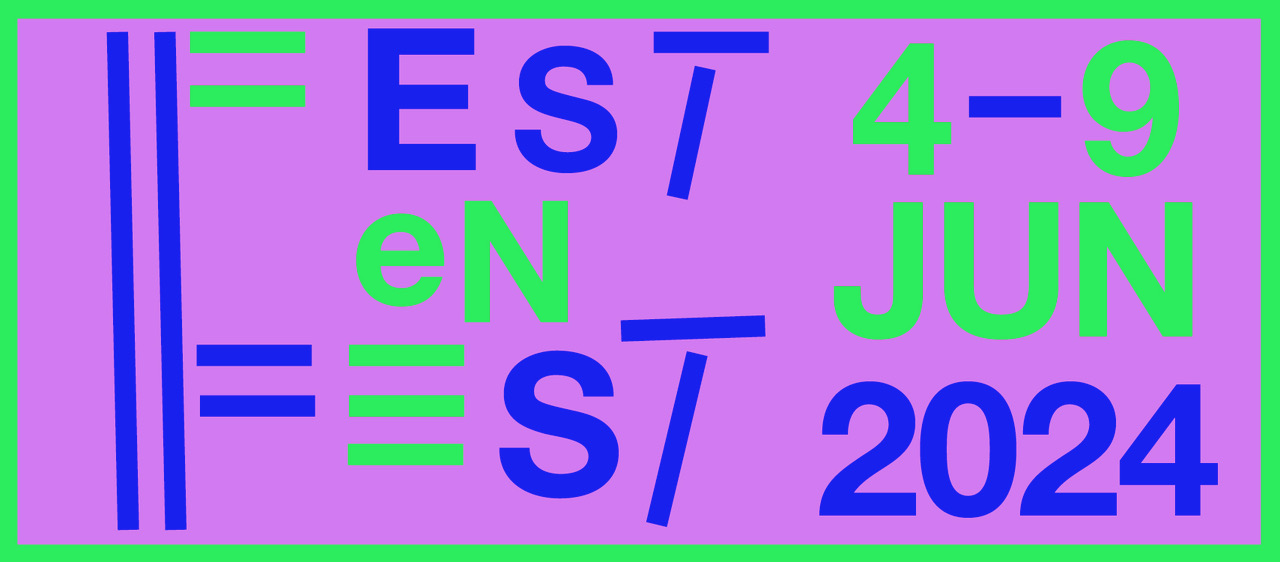Tues 4 — Sun 9 JUN,12—8pm
APT Gallery
Front room
6 Creekside
London SE8 4SA
This exhibition continues throughout the festival week.
FREE
NO BOOKING REQUIRED
Perfect Flower is a project by architect Ulrike Steven/what-if:projects in collaboration with Stratford Youth Zone’s LGBTQIA+ youth group, choreographer Heidi Rustgaard and photographer HenriT.
Perfect Flower takes a unique approach to sustainability through a queer ecological perspective prompting participants to consider their relationship to nature, space, and visibility. Queer ecology, grounded in queer theory, challenges conventional norms of sexuality, gender, and biology. It centres on the interconnectedness between humans, plants, and animals, aiming to counter anthropocentrism by positioning ourselves alongside plant life rather than above it. The title Perfect Flower derives from the classification by biologists of flowers with both female and male reproductive parts as “perfect flowers,” which constitute 90% of all flowering plants.
The young participants were invited to reflect on the challenging environment of the location and, with the team, investigated existing routes and spaces guided by the question, “What kind of life does this space support?” Following these site investigations, the young people engaged in workshops to create costumes using cardboard boxes salvaged from skips and toxic-free spray paint. By creating and adorning their body with unconventional garments, they explored and manifested some of their deepest desires and fantasies, subverting traditional notions of gender and sexuality. The project offered a platform for defiance and resistance against hetero-normativity, creating a space where fluidity and ambiguity could thrive. Through exaggerated silhouettes and embellishments, their costume creations served to disrupt the binary constraints imposed on the body, opening possibilities for queer re-imaginations, transporting both the wearer and the viewer to a new realm of possibility and speculation, and to inhabit new and radical possibilities thus opening new horizons.
For the subsequent performative action, the young people curated themselves into the public space of Pudding Mill Lane in Stratford, East London. Through collaboration with the choreographer and photographer, the performative action became photographic objects that foreground an approach to safety grounded in a sense of belonging and an enriched understanding of nature, biology, and diversity.
The Goethe-Institut London supports this event.
Concept and creation: Ulrike Steven / what if:projects
Choreography and creation: Heidi Rustgaard
Created and performed: Biff, Shelby, Jade, Aadja, Jacoda, Gideon, Star and Mahiema from Stratford Youth Zone.
Photography by: Henri T
Commissioned by: LLDC, London Legal Development Corporation as part of ‘Safety for women, girls and gender diverse people in public spaces’
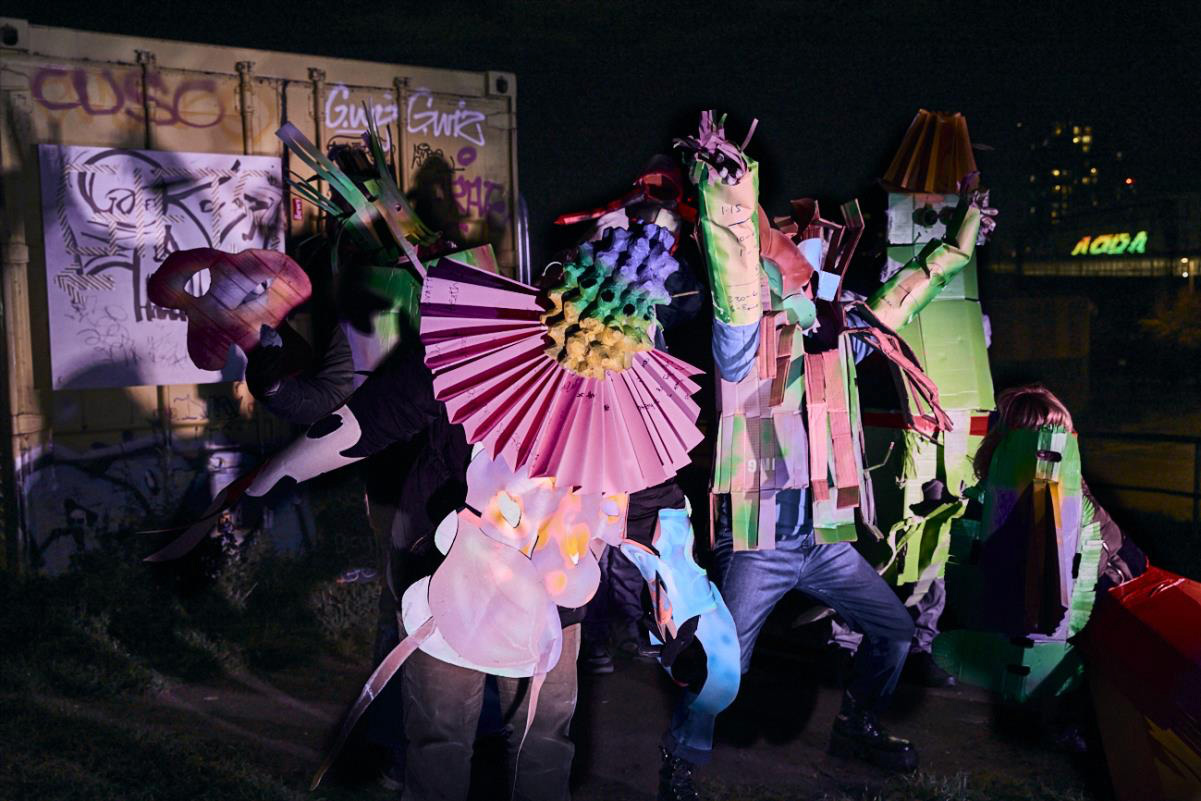
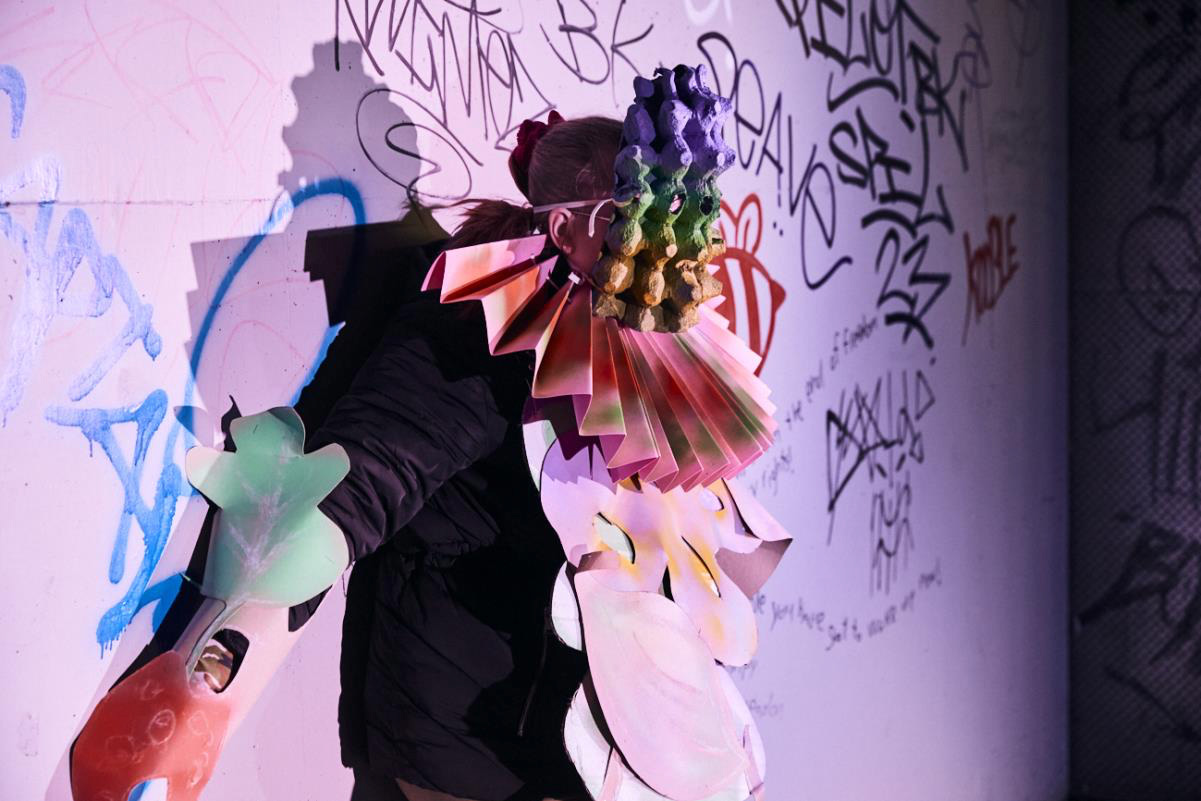
ARTISTS
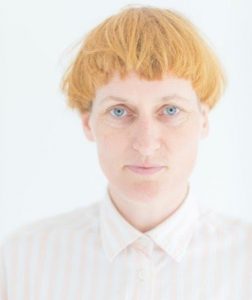
Heidi Rustgaard / H2DANCE
Heidi is a choreographer and curator who has been working in partnership with Hanna Gillgren as H2DANCE since 2000. In 2018, they initiated and continue to curate Fest en Fest, a festival of expanded choreography in London.
Heidi’s practise and research is situated in both the choreographic and the curatorial, working between the convivial and forms of display, where she seeks to activate her choreographic terms, choreo-curation and off-score. That is, choreo-curation is intra-action (Barad) between the curatorial and the choreographic and off-score as a strategy to queer and de-habituate forms and boundaries and reconfigure capacities. She is busy with what choreographic, queer methodologies can do and their potential to move other things, not merely represent. To continually create new queer forms of meaning, where evolving landscapes avoid a state of harmonious unity but create constant differentiation in how we relate to, produce, and shape each other. Her current projects aim to challenge conventions associated with different spaces and materialities through a series of works called Amplified Edition, a collaboration with Hanna Gillgren, and Sonic Choreographies, which she will be developing as part of her research at Rose Choreographic School at Sadler’s Wells, where she is artistic cohort 2024-26.
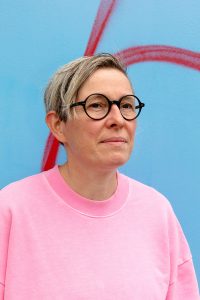
Ulrike Steven / what if:projects
Architect (AK NRW, D), FRSA
Co-founder and director of what if: projects
Preoccupied with neglected, vacant spaces in the city and the possibilities these can offer Ulrike has helped to initiate and deliver a number of acclaimed community led projects including the Livesey Exchange workshops on Old Kent Road, community centre Charterhouse Road Club in Hackney and the Vacant Lot allotment programme on 21 housing estates in London. Ulrike lead the recently completed refurbishment of sheltered housing scheme Hogarth Court helping to define the brief and delivering the project to a high quality on site.
Ulrike is a member of the GLA’s Special Assistant Team supporting ‘project set up’, contributes to Croydon’s Place Review Panel and teaches architecture MArch at Central Saint Martins.
She studied architecture at the Technische Universität Braunschweig, Germany (1991–95) and the University of East London (1995–97).
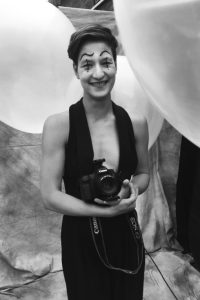
henri t
Henri T is a trans identifying, visual storyteller, working with photography, moving image and performance. They are interested in documenting and exploring queerness, deconstructing the gender binary and raising visibility for underrepresented groups and issues. Henri describes themselves as an observer who, with an honest and kind eye, encourages their subjects to embrace all of who they are. In contrast to this, the set in their work is often staged, as they want the viewer to reflect on our environments as what they are, social constructs. The more we don’t feel align with those constructs, the harder it is to navigate this world and to find a comfortable space within it.
Being a dancer and performer themselves, Henri is also very passionate about documenting the Arts, mainly queer cabaret, dance and theatre but also other movement based practices.
Henri has worked on several photographic and moving image commissions and magazine publications over the years, and an exhibition at Southampton University. Very recently they have art directed and photographed a commission for the podcast project ‘Adventures in Time and Gender’, as part of the ‘Rethinking Sexology’ Project of Exeter University and funded by The Wellcome Trust.
